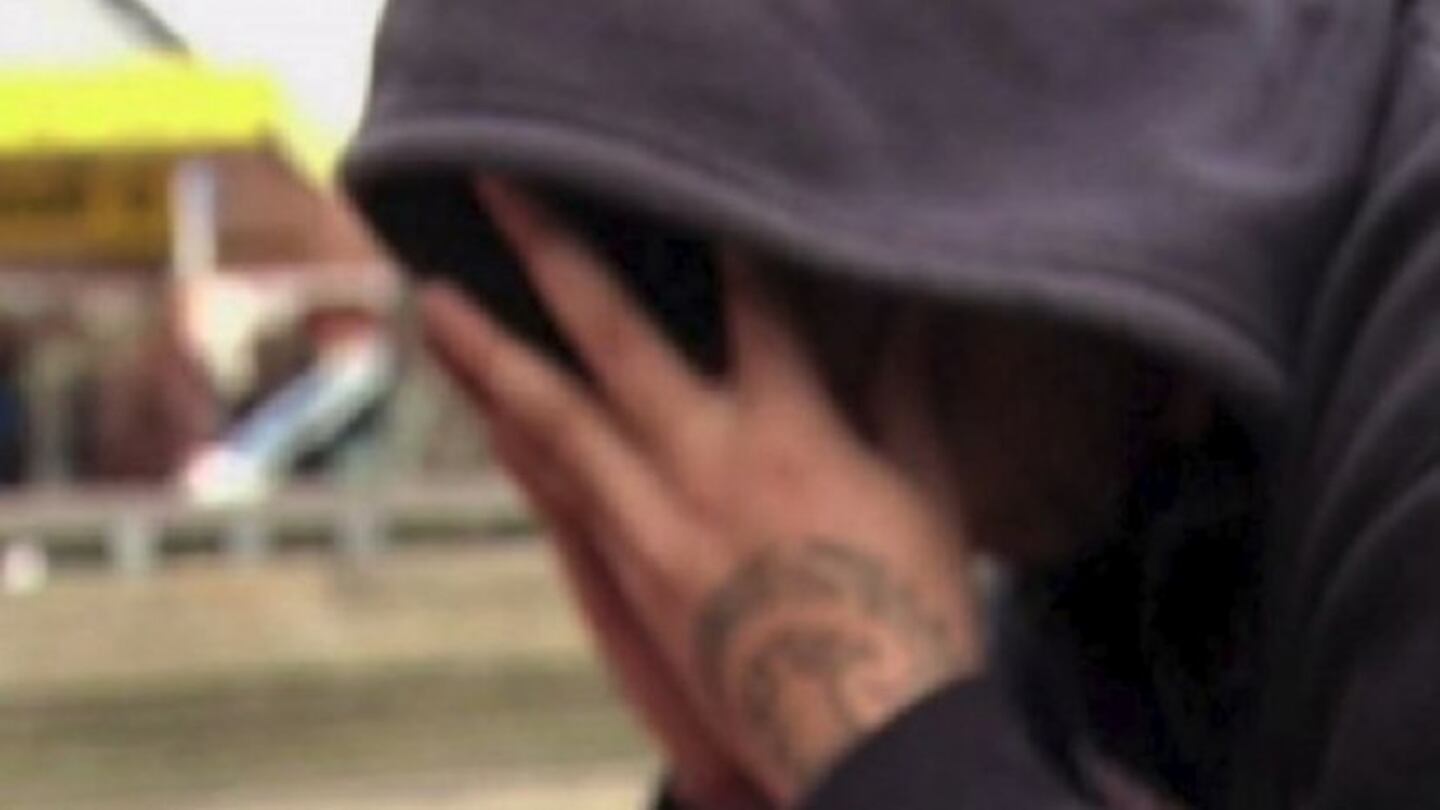Critics have slammed the government's 10-year strategy to address the nation's mental health crisis, with National branding the programme "vision statements and nice words".
Aotearoa has among the worst mental illness rates in the OECD with rangatahi suicide rates the highest in the developed world and Māori suicide double that of Pākehā.
Unveiled yesterday, Kia Manawanui Aotearoa - Long-term pathway to mental wellbeing, will focus on prevention and setting targets to address social and environmental factors that cause mental health issues; it'll also develop the mental health workforce and ensure different government departments work collaboratively, but National’s mental health and suicide prevention spokesperson Matt Doocey attacked the announcement as lacking action and "more vision statements, working groups and nice words".
"Labour told New Zealanders at the 2017 election it had a plan to deal with the growing crisis. But by all accounts things have only become worse."
Addressing mental health was central to the government's 2017 election campaign, but the drumbeat of critics saying it's failing to deliver has only increased.
More money, fewer beds
In June mental health campaigner and comedian Mike King labelled the government's strategy 'completely incompetent' after returning an order of merit medal awarded to him by the government for services to the sector.
The government committed $1.9 billion to mental health in 2019 in its first so-called "well-being budget', but a recent Association of Salaried Medical Specialists report, for example, has revealed the number of mental health beds across the motu has fallen nearly 10% in the past five years, when population rise is taken into account.
ASMS revealed district health boards frequently exceed 100% occupancy for mental health inpatient beds, while 85% occupancy is considered safe. Tanē Māori suicide rates also hit a 10-year high under this government.
Health Minister Andrew Little says the performance of this strategy will be assessed by an external body having acknowledged "extraordinary frustration" with the speed of the government's strategy to address the crisis.
The Association of Salaried Medical Specialists greeted this latest announcement with "cautious optimism" but, like National, warned 10 years "could prove a very long wait".
Staff at 'breaking point'
ASMS executive director Sarah Dalton says so deep is the crisis within the sector, it's scaring off those most equipped to fix it.
"The fact psychiatry is the second-bottom choice for New Zealand medical school graduates is telling."
Dalton says her members are concerned that despite their report, there was no mention of additional investment in mental health facilities in the announcement.
"One psychiatrist recently told me he dreaded being on call in the weekends because there is nowhere safe to put the numbers of seriously ill patients. It’s a bleak situation and so many frontline staff report they are at breaking point," she said.
Experts say the cause of dire Māori mental health stats vary from social inequality and living conditions, to intergenerational trauma from years of culture and language suppression, but there was a voice of optimism for the government’s plan from the chair of the National Maori Authority and former chair of Suicide Prevention Australia, Matthew Tukaki.
"Setting new targets for access to mental health and addiction services backed up by the investment is fundamental."
He also praised the focus on prevention but agreed now was time for action.
"We need to focus on prevention because once people begin hitting the mental health system we start to lose the fight. My central message is simply this – it's time to get on with the mahi, all of us in the same waka and all of us paddling in the same direction," Tukaki said.


